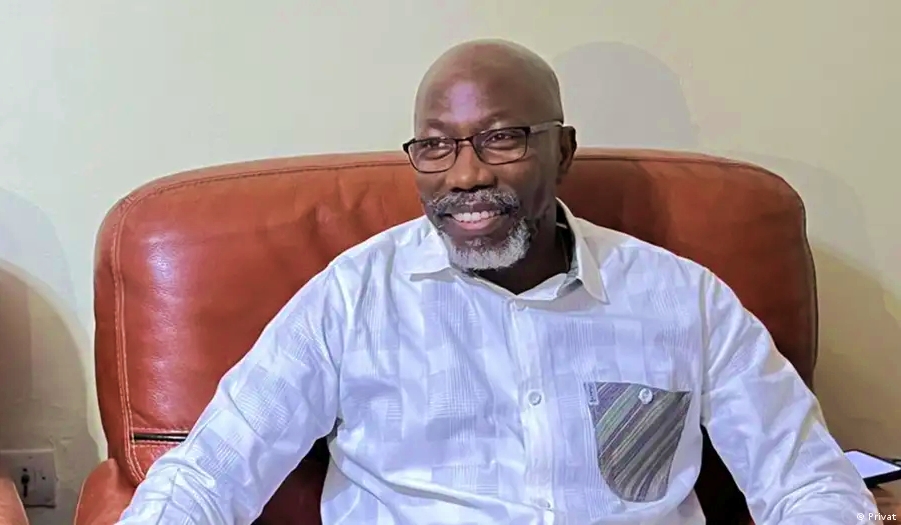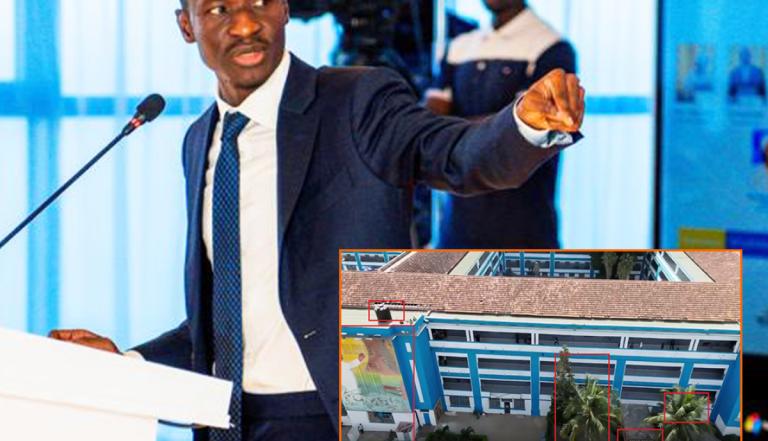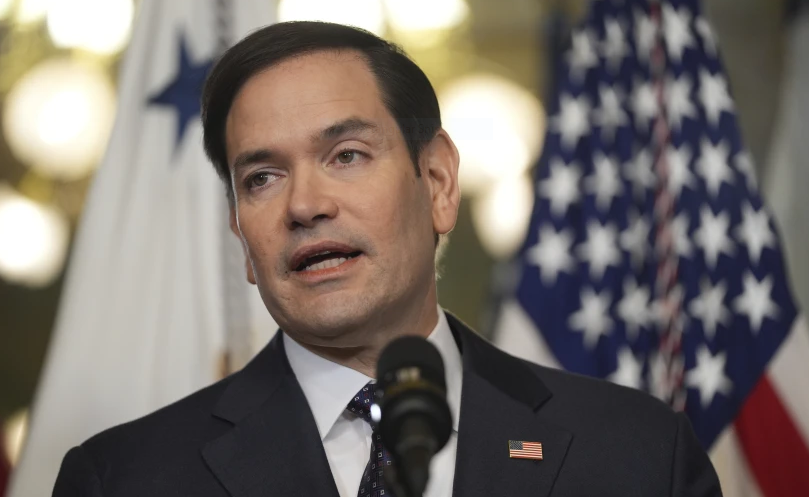Gambiaj.com – Washington, D.C. (AP) — In a sweeping move, the U.S. State Department on Friday ordered a freeze on nearly all new foreign assistance funding, sparking widespread concern among humanitarian organizations and global aid agencies. The freeze, which makes exceptions for emergency food programs and military aid to Israel and Egypt, could potentially halt billions of dollars in projects aimed at supporting health, education, and development initiatives worldwide.
Secretary of State Marco Rubio’s directive, outlined in a cable sent to U.S. embassies, implements an executive order signed earlier this week by President Donald Trump. The freeze, which is expected to last at least three months, marks a significant shift in U.S. foreign policy, aligning aid programs with Trump’s stated priorities.
Impact on Humanitarian Aid
While emergency food programs, such as those aiding famine-stricken regions like Sudan, are exempted from the freeze, the order has not spared critical life-saving health initiatives. The globally acclaimed President’s Emergency Relief Plan for AIDS Relief (PEPFAR), credited with saving 25 million lives since its inception under President George W. Bush, is among the programs included in the suspension.
“This could have life-or-death consequences for children and families around the world,” warned Abby Maxman, head of Oxfam America. She criticized the administration’s decision, saying it “abandons the United States’ long-held bipartisan approach to foreign assistance, which supports people based on need, regardless of politics.”
Humanitarian groups fear the freeze will force them to halt operations immediately, as they face uncertainty about future funding. Some aid projects reportedly began receiving stop-work orders on Friday afternoon.
Military Aid and Ukraine Concerns
Rubio’s directive exempts military assistance to U.S. allies Israel and Egypt but does not extend the same waiver to Ukraine, leaving the future of military aid to the war-torn country uncertain. The Biden administration, before leaving office, expedited military aid to Ukraine due to concerns over Trump’s commitment to the assistance. However, approximately $3.85 billion in congressionally authorized funding remains, with its allocation now at Trump’s discretion.
Broader Policy Shift
The freeze is part of a broader Republican effort to scrutinize U.S. foreign assistance. Florida Republican Rep. Brian Mast, chairman of the House Foreign Affairs Committee, has vowed to review every dollar spent by the State Department.
“Appropriations must not be duplicated, and assistance should align with President Trump’s foreign policy priorities,” stated the State Department cable. A government-wide review of foreign aid programs is underway, with new standards to be set within a month and a report expected within three months.
Refugee Resettlement and Development Projects
The freeze also affects refugee resettlement programs, with the State Department instructing resettlement agencies to suspend all work under foreign assistance agreements. This includes efforts to support Afghan refugees who arrived on special immigrant visas, further compounding uncertainties for vulnerable populations.
At the United Nations, deputy spokesman Farhan Haq acknowledged the decision as bilateral but emphasized the global expectation for capable nations to fund development assistance generously.
With the U.S. being the world’s largest provider of foreign aid—budgeting approximately $60 billion in 2023—the freeze’s impact is poised to reverberate globally, affecting programs that have long been a cornerstone of American diplomacy and international goodwill.
House Democrats urge Rubio to lift foreign assistance freeze
Meanwhile, House Democrats urged President Trump’s Secretary of State Marco Rubio to lift the foreign assistance freeze mandated by an executive order from earlier this week, cutting off most U.S.-funded foreign development projects around the world.
The ranking member of the House Foreign Affairs Committee, Rep. Gregory Meeks (D-N.Y.), and Rep. Lois Frankel (D-Fla.), the ranking member of the House National Security, Department of State, and Related Programs (NSRP) Appropriations Subcommittee, penned a letter to Rubio, asking him to remove the pause that placed lives “at risk” and “undermines American leadership and credibility around the world.”
“Foreign assistance is not a handout; it is a strategic investment in our future that is vital for U.S. global leadership and a more resilient world. It directly serves our national interests and demonstrates our credibility to allies, partners, and vulnerable people who rely on American assistance for survival,” the pair of Democrats wrote in a two-page letter on Friday.










